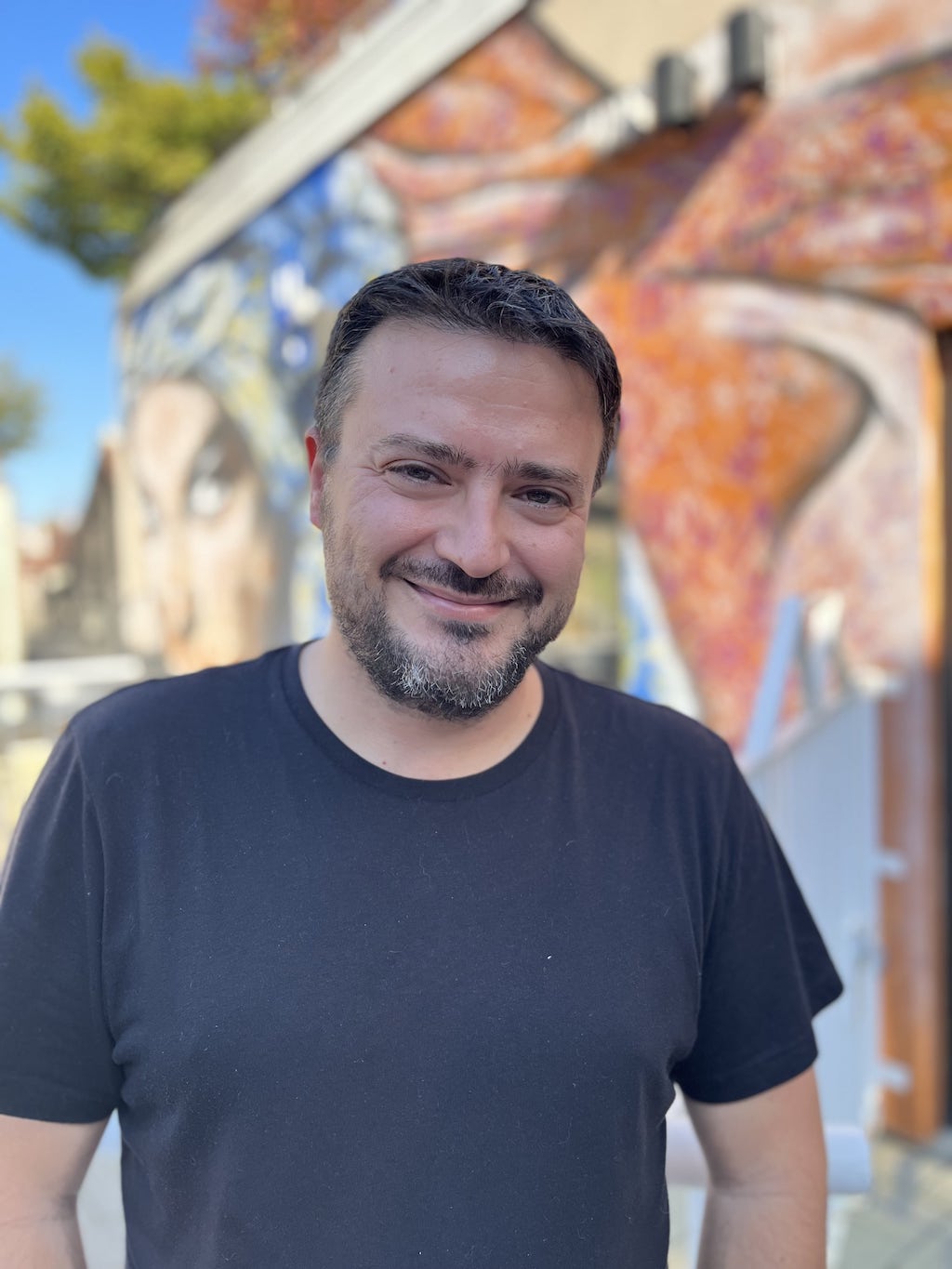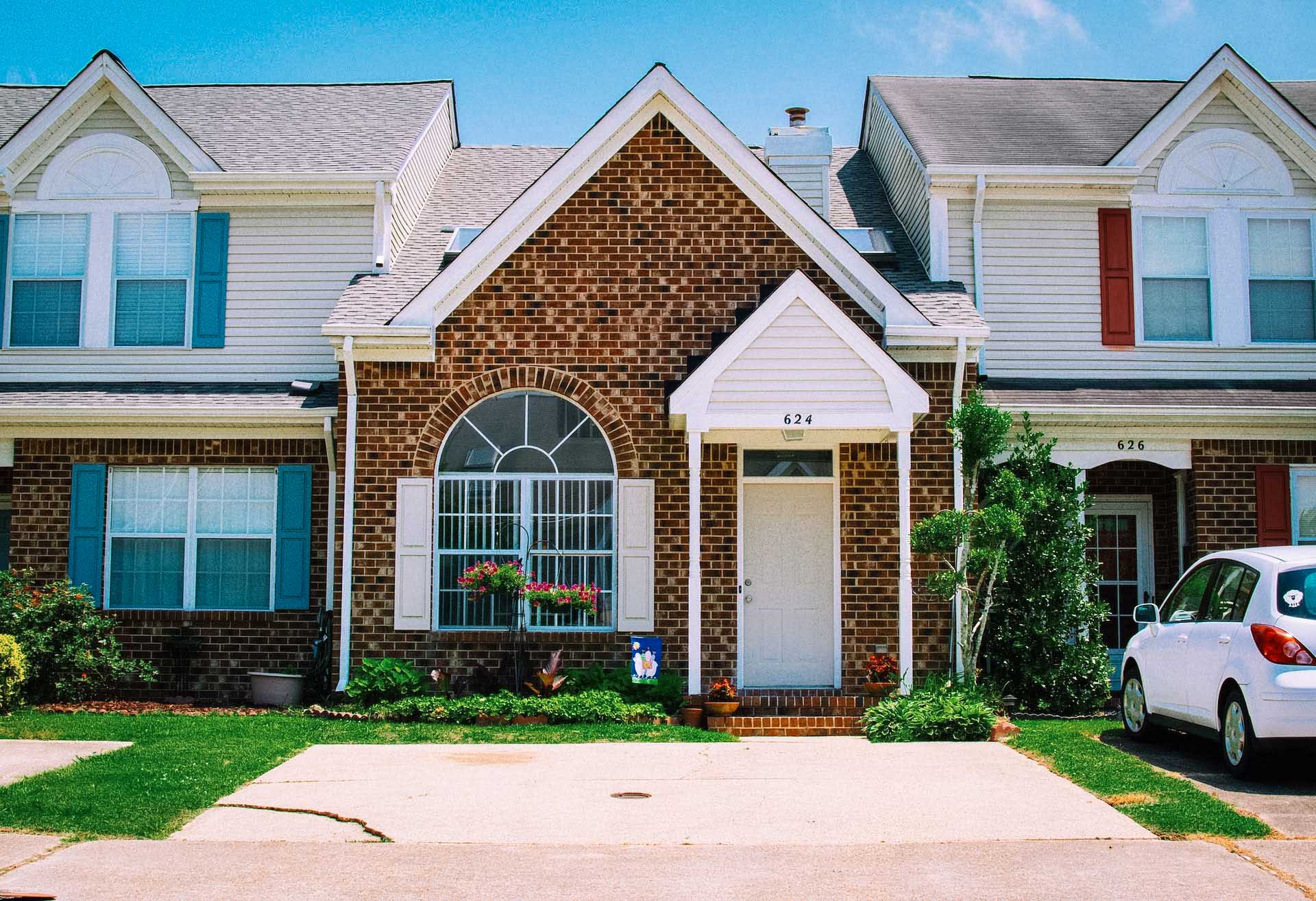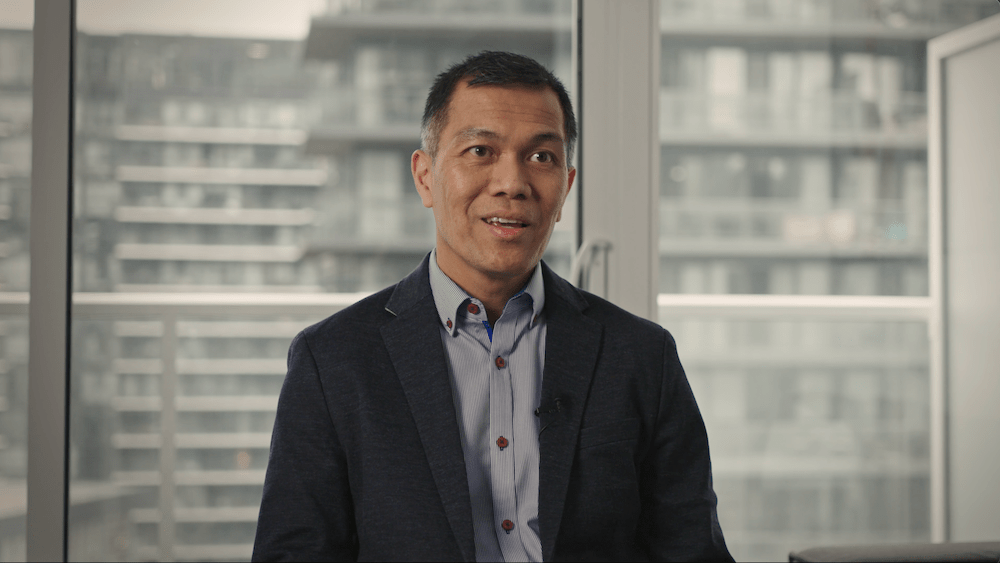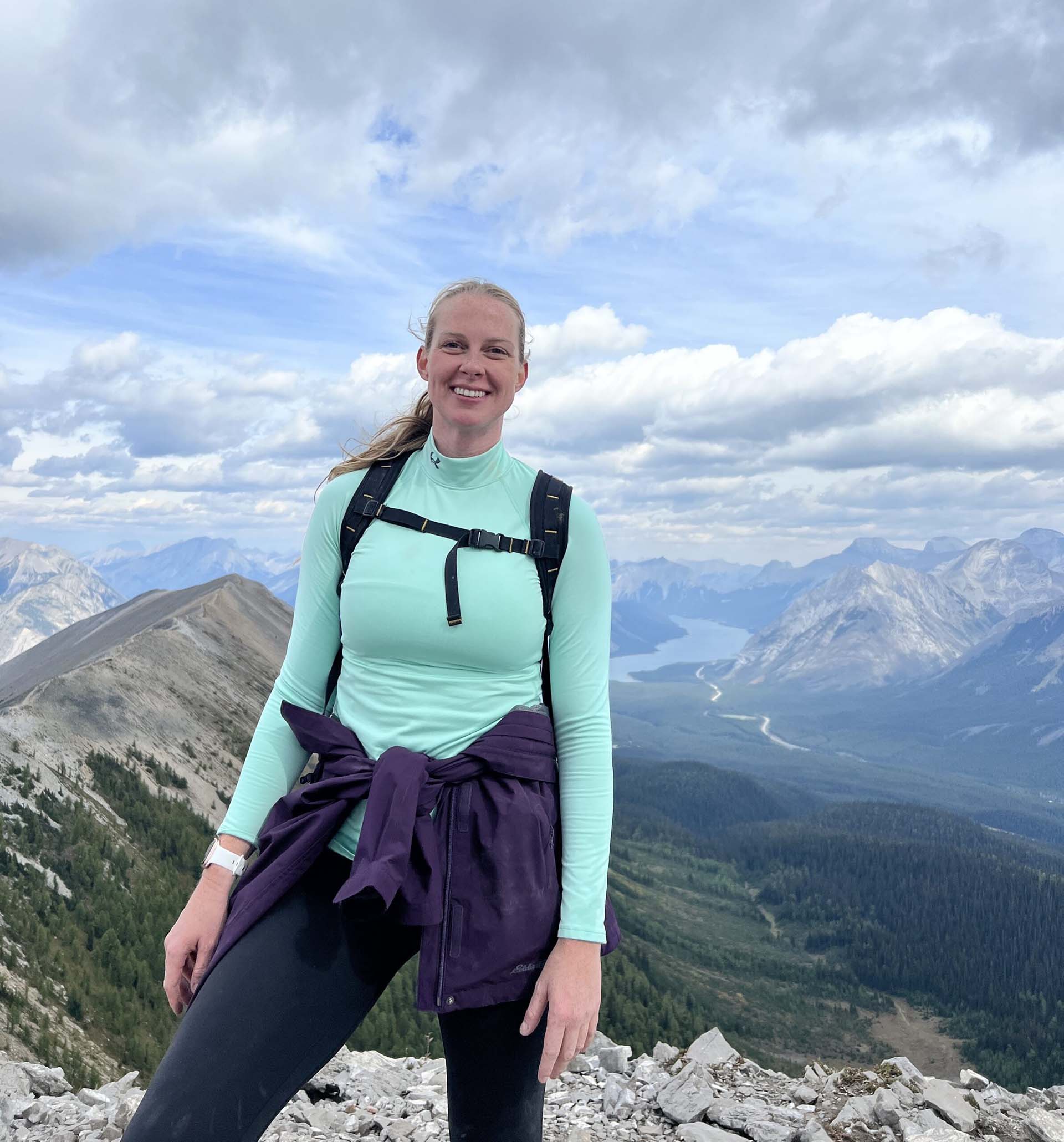Today, Ourboro helps homebuyers in the Greater Toronto Area get into the home they want by contributing towards the down payment. Even with a strong and stable income, buying a home in the current market is nearly impossible without receiving financial help, especially as home prices rise faster than you can save.
The original idea for what would become Ourboro has been something I’ve had in the back of my mind, whether I knew it or not, since I was a teenager. But I’m getting ahead of myself.
Getting There
I’m the son of parents that immigrated to Canada from the former Yugoslavia. I grew up in poverty and struggled throughout my childhood. I really didn’t understand what poverty was when I was living through it – I only really felt poor when I was exposed to those better off than me, and when I realized that I couldn’t actually afford things that they took for granted.
Through a series of miracles (and by borrowing heavily with high-interest credit cards and student loans), I paid my way through university, graduating with a degree in political sciences and philosophy. I got my first “professional” job as a policy analyst with the provincial government. I had always aspired to make the world a better place, and hoped that I could achieve this by influencing government policy.
Though I enjoyed my time there, I learned a few things about myself. First, I had a knack for numbers. Second, I loved being a sponge for knowledge, learning as much as I could from my boss and my colleagues on how to think and act strategically.
Third, and most critically, I realized that I was terrible at being an employee! Perhaps more accurately, I could not envision how I could affect real change in the world unless I did my own thing. So as is my way, I decide to pile on yet more crushing debt to get a business degree, and to eventually start my very first company.
My first business (Venture Deli) focused on helping socially and environmentally responsible entrepreneurs launch their own businesses. The learnings from that business (both good and bad) led me to start my second company, Purpose Capital (now called Rally Assets). Purpose Capital was focused on helping grow the field of impact investing. The idea was to help investors of all types (wealthy people, philanthropic foundations, even government agencies) leverage all forms of capital – human, intellectual, physical, and financial – to advance human potential.
My days at Purpose Capital really opened my eyes to how the world of finance and investing actually worked. I was exposed to the power and influence that wealth could have (again, both good and bad) in how individuals, communities, and governments make decisions, and how those with wealth relate to those without. I would often reflect on just how different that reality was to my own, or to the lives of my friends and family.
I also saw that those with wealth simply have more options than those in the rest of society. They can build businesses with other wealthy people, they can pool together to invest in assets like real estate, and they can use their assets as collateral for personal or business loans. The average person, on the other hand, only has one tool available to them – borrowing money. The only real form of asset they have is a savings account or if lucky, an RRSP or TFSA. With today’s cost of living, it can be nearly impossible to put away the money they need to get ahead.
With all of these learnings in hand, I wanted to find a way that the remaining 99% of society can somehow have their share of the assets, power, and influence of those in the 1%.
Creating Ourboro
At that critical moment, I met Nick Pope, my partner in creating Ourboro. He told me about a company in the US that was helping people buy homes by co-investing in the property with them. We wondered why no one was doing this in Canada.
Together, we wanted to create a company that treated its customers as peers, one that’s built around fairness with people getting out what they put in.
We set out to reimagine how the modern-day real estate industry works in Canada. We questioned every step of the process, every relationship structure. How people finance homes. How they pay for them. Who makes money across the system. How mortgage brokers work. How real estate agents work. The list went on and on.
Innovating on something is often the hardest path, especially in the real estate world that is stuck in very traditional ways of doing business. What we were proposing was a fundamental rethink of the entire homeownership journey, and we had to get every stakeholder on board.
Homebuyers needed to shift their thinking from owning 100% of a home, to sharing ownership with a company. Investors needed to reimage tenants as co-owners, and cede day-to-day control over the home’s major decisions. Lenders and their regulators needed to navigate policy hurdles, allowing homeowners to form a co-owning partnership with a company. And lawyers, accountants, and real estate agents needed to put effort into re-engineering their own systems and offerings to accommodate our solution.
Over time, we found the right champions within the real estate industry. People that saw the benefits that our model would make available to them. Instead of real estate investors and homebuyers competing against each other to buy homes, they could actually work together as partners to own a home together. All of these groups were ready to work with us to make it all come to life!
Along with all of the roadblocks, we had many, many successes. We built a great team, found investors willing to pilot-test the idea, worked with forward-thinking people in the lending community to mortgage co-owned properties, and helped our first few buyers move into their new homes. Our latest win was forming a true partnership with Peerage Realty, who shared in our vision and who could enable us to reimagine the entire real estate industry. Each step was a small note of validation that we were headed in the right direction.
Looking forward
Ultimately, Ourboro isn’t solving an affordability problem. We’re solving a wealth problem. Instead of buyers being renters for life, or being forced to buy a home they don’t really want just because it’s all they can afford, buyers have the ability to build wealth passively through their investment. They can borrow against the home if they need to, or earn revenue by renting out the basement. Homeownership gives people options, opportunity, and resilience.
Today, Ourboro is focused on building out our product in the GTA. We want to make sure it works here first and iterate with our homebuyers and investors to strengthen our product.
As we continue to grow, we will expand our products and services, allowing everyone even more ways to own and co-own real estate. New geographies, different types of real estate, and ways of participating are things we are always thinking about and working towards.






